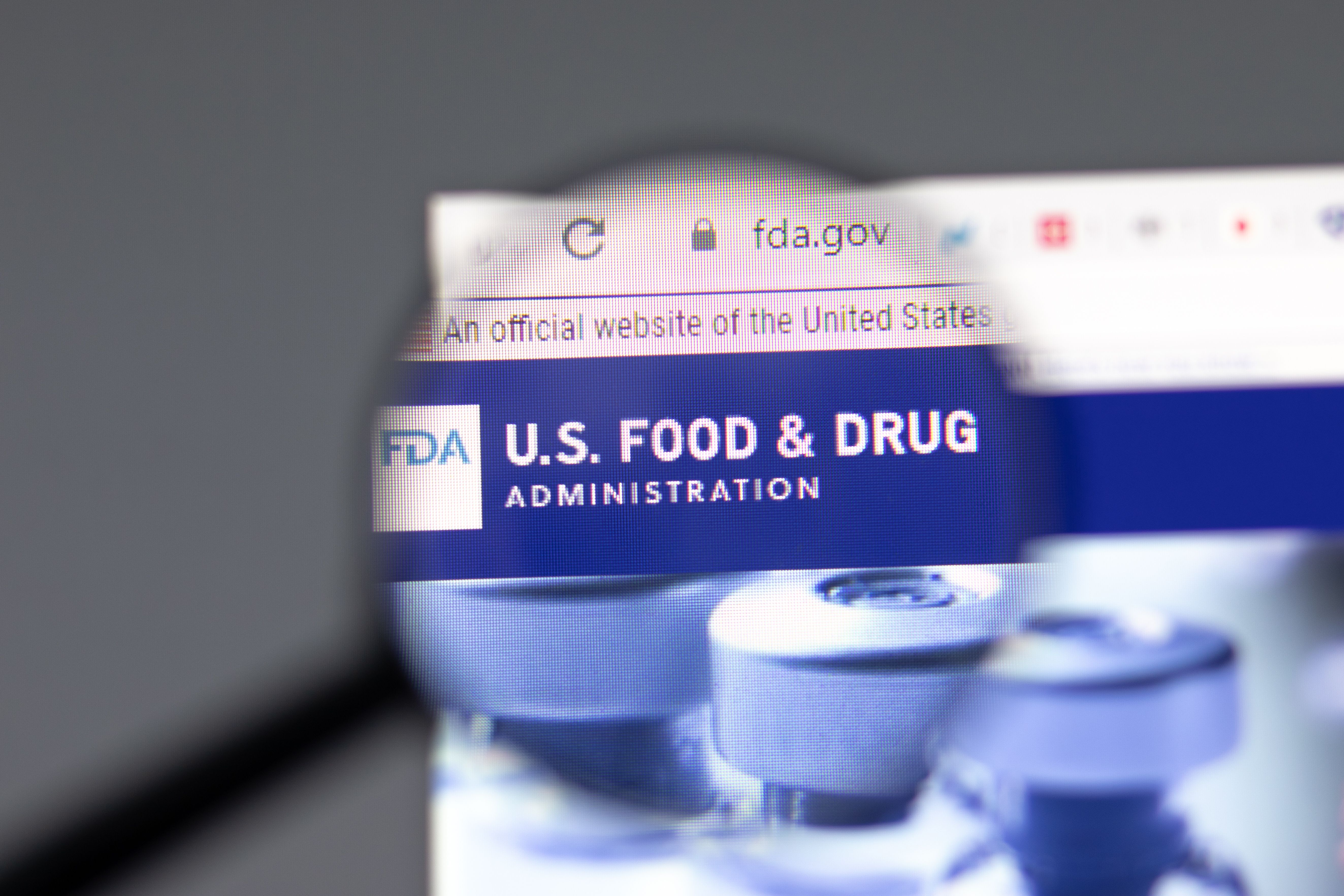- Center on Health Equity & Access
- Clinical
- Health Care Cost
- Health Care Delivery
- Insurance
- Policy
- Technology
- Value-Based Care
FDA Approves Second Generic Mifepristone Pill for Abortion
The FDA has approved a second generic version of oral mifepristone, used to terminate pregnancy, after determining it is identical to the branded drug.
The FDA Thursday approved generic mifepristone 200-mg tablets (Evita Solutions), potentially paving the way for a more accessible version of the branded drug (Mifeprex; Danco Laboratories) but also drawing criticism from anti-abortion voices angered by the decision under the Trump administration and HHS Secretary Robert F. Kennedy Jr.
Mifepristone is used to terminate pregnancies through 10 weeks’ gestation; the pill is taken and then followed by misoprostol 24 to 48 hours later.2 The FDA’s website explains that mifepristone is safe and effective for its indicated use, and reported adverse events including deaths have not been causally attributed to mifepristone. There is a Risk Evaluation and Mitigation Strategy (REMS) in place for the drug, which requires prescribers to become certified under the REMS program that they will assess patients’ appropriateness for the drug, warn them of potential risks, and intervene in case of complications. Pharmacies also must be certified to dispense mifepristone by showing they will ship the drug in a secure and timely manner.
The approval of the second generic means that 3 American companies now manufacture mifepristone. | Image credit: © Postmodern Studio - stock.adobe.com

The originator drug was approved in 2000, and a first generic version of mifepristone was approved in April 2019. The approval of the second generic means that 3 American companies now manufacture mifepristone, which could spur price competition.3 It also comes at a time when abortion access is fragmented across the US, with some states implementing bans at varying stages of gestation after the Supreme Court’s overturn of Roe v Wade in 2022 turned the issue back to the states.4 The Trump administration has adjusted some regulatory guidance to discourage abortion,5 but in the case of the generic mifepristone approval, HHS statements imply there was no room to do so.
HHS spokesman Andrew Nixon said in a statement that “the FDA has very limited discretion in deciding whether to approve a generic drug. By law, the Secretary of Health and Human Services must approve an application if it demonstrates that the generic drug is identical to the brand-name drug.”3
Anti-abortion lawmakers and activists did not accept that explanation for the approval. Former Vice President Mike Pence called it “a complete betrayal of the pro-life movement that elected President Trump” and called for Kennedy’s resignation, while Sen Josh Hawley (R, Missouri) said he had “lost confidence in the leadership at FDA.”
To straddle the demands of Trump’s base and the parameters of the agency’s powers, Kennedy and FDA Commissioner Marty Makary, MD, had vowed to study the safety of the current REMS program and determine whether changes are needed. In a letter responding to Republican state attorneys general, Kennedy and Makary cited the “potential dangers that may attend offering mifepristone without sufficient medical support or supervision” in justifying the need for further research.6
Meanwhile, organizations in favor of abortion access celebrated the generic approval, noting that mifepristone has been used for 25 years to safely and effectively manage abortions and miscarriages. “This is exactly how our system is supposed to work, and it has worked this way for decades,” Mini Timmaraju, president and CEO of Reproductive Freedom for All, said in a statement.7 “Career scientists and civil servants at the FDA did their jobs—evaluating the evidence and approving a safe, effective medication.”
Although the entry of a second generic onto the market could induce lower prices, access to mifepristone is not just a matter of cost. Retail pharmacies began offering it just last year after a modification to the REMS program,2,8 and telehealth providers like Hey Jane have grown in popularity amid the complicated patchwork of state abortion bans in the US. However, ongoing lawsuits could curtail this route of access by invoking the 1873 Comstock Act to ban sending the pills via mail.9
References
- ANDA 216616: ANDA approval. FDA. October 2, 2025. Accessed October 3, 2025. https://www.accessdata.fda.gov/drugsatfda_docs/appletter/2025/216616s000ltr.pdf
- Questions and answers on mifepristone for medical termination of pregnancy through ten weeks gestation. FDA. February 11, 2025. Accessed October 3, 2025. https://www.fda.gov/drugs/postmarket-drug-safety-information-patients-and-providers/questions-and-answers-mifepristone-medical-termination-pregnancy-through-ten-weeks-gestation
- Belluck P. F.D.A. approves generic abortion pill as opponents push trump for new restrictions. New York Times. October 2, 2025. Accessed October 3, 2025. https://www.nytimes.com/2025/10/02/health/abortion-pill-generic-fda.html
- Inserro A. Supreme Court overturns Roe v Wade, turning issue back to states. AJMC®. June 24, 2022. Accessed October 3, 2025. https://www.ajmc.com/view/supreme-court-overturns-roe-v-wade-turning-issue-back-to-states
- Grossi G. Democratic doctors caucus reaffirms EMTALA amid Trump's CMS policy reversal on abortion care. AJMC. June 18, 2025. Accessed October 3, 2025. https://www.ajmc.com/view/democratic-doctors-caucus-reaffirm-emtala-amid-trump-era-policy-reversal
- @SecKennedy. X. October 2, 2025. Accessed October 3, 2025. https://x.com/SecKennedy/status/1973866621245567344
- Reproductive Freedom for All responds to FDA approval of new generic mifepristone. News release. Reproductive Freedom for All. October 2, 2025. Accessed October 3, 2025. https://reproductivefreedomforall.org/news/reproductive-freedom-for-all-responds-to-fda-approval-of-new-generic-mifepristone/
- Diaz J, Selyukh A. CVS and Walgreens to start dispensing abortion pill in states where it’s legal. NPR. March 1, 2024. Accessed October 3, 2025. https://www.npr.org/2024/03/01/1235265078/abortion-pill-cvs-walgreens-mifepristone
- Sobel L, Gomez I, Salganicoff A. The intersection of state and federal policies on access to medication abortion via telehealth after Dobbs. KFF. July 24, 2025. Accessed October 3, 2025. https://www.kff.org/womens-health-policy/the-intersection-of-state-and-federal-policies-on-access-to-medication-abortion-via-telehealth-after-dobbs/
